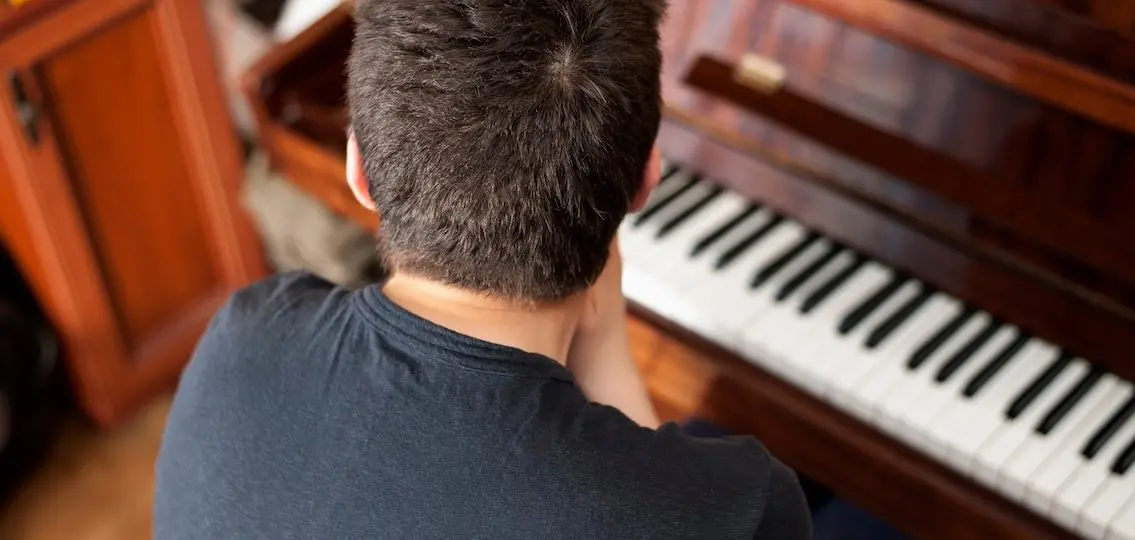Dear Your Teen,
I’m struggling with my 15-year-old son over his music lessons. He is enrolled in piano lessons and is required to take an exam to complete the course. Since he started high school, he has put in a lot of effort at school. But he doesn’t want to dedicate much time to his music lessons. After a few lessons, he told me he cannot commit to the homework requirement because his schedule is filled by his school homework.

I have already paid for the full course of music lessons and have registered him for the exam in December. It’s a considerable expense for my budget. I want to respect his decision, but I also think he should be responsible for finishing what he started. Should I compromise every time he tells me he wants to quit? Or should I make him honor the commitment I have already paid for? I’d really appreciate it if you could give me some advice. Thanks!
EXPERT | Tori Cordiano
Kudos to your son for working so hard at the start of high school! He is running into a common conundrum for many high schoolers. Unfortunately, that holding oneself to high academic standards takes up most of one’s time and energy. The transition from middle school to high school typically brings more homework in harder classes and ramped up expectations about managing one’s workload more independently. This transition requires teens to take a hard look at their schedules and extracurricular activities to determine what feels reasonable to maintain while also doing their best at school.
The Realities of a 24-Hour Day
For ideal functioning, adolescents need about nine hours of sleep each night. They also need some dedicated time most days for activities they purely enjoy (e.g., playing basketball with friends, reading for pleasure, video games). Add that on to a full academic course load and several hours spent most nights on homework and studying, and there may not be much left over for extracurricular activities.
Adolescents, like adults, have varying thresholds for their ideal amount of activities. While some relish a full calendar, others thrive with only one or two commitments outside of school. Helping your son identify what he needs for his own well-being is ultimately a more important part of adolescence than which activities he sticks with and which he drops.
Finishing What You Start – At What Cost?
Every family holds different values about seeing activities through versus letting them go in the name of balance. If you decide that your son does indeed need to finish this out, it may help to think with him about a finite end to the activity. If you’ve paid for the lessons and it feels important to have him finish the commitment, perhaps you’ll decide together that you’d like for him to take the exam. After that, he’d be free to drop piano.
If you do choose that route, a collaborative conversation about how to ease his workload in other places may be in order. For example, if your son spends a long time on schoolwork and devotes his free time to piano, you may decide to take other obligations (e.g., household chores, visiting with family on the weekends) off his plate temporarily, while he sees his piano lessons through to the exam.

You raise a concern that many parents have about compromising every time your son tells you he wants to quit. However, that doesn’t sound like what is happening here. Unless he has a long track record of starting and stopping many activities or failing to honor commitments, you might instead look at this situation as your son advocating for the time and space he needs to take good care of himself and maintain his own high academic expectations. That’s exactly the kind of exploration and self-knowledge we want adolescents to develop.




